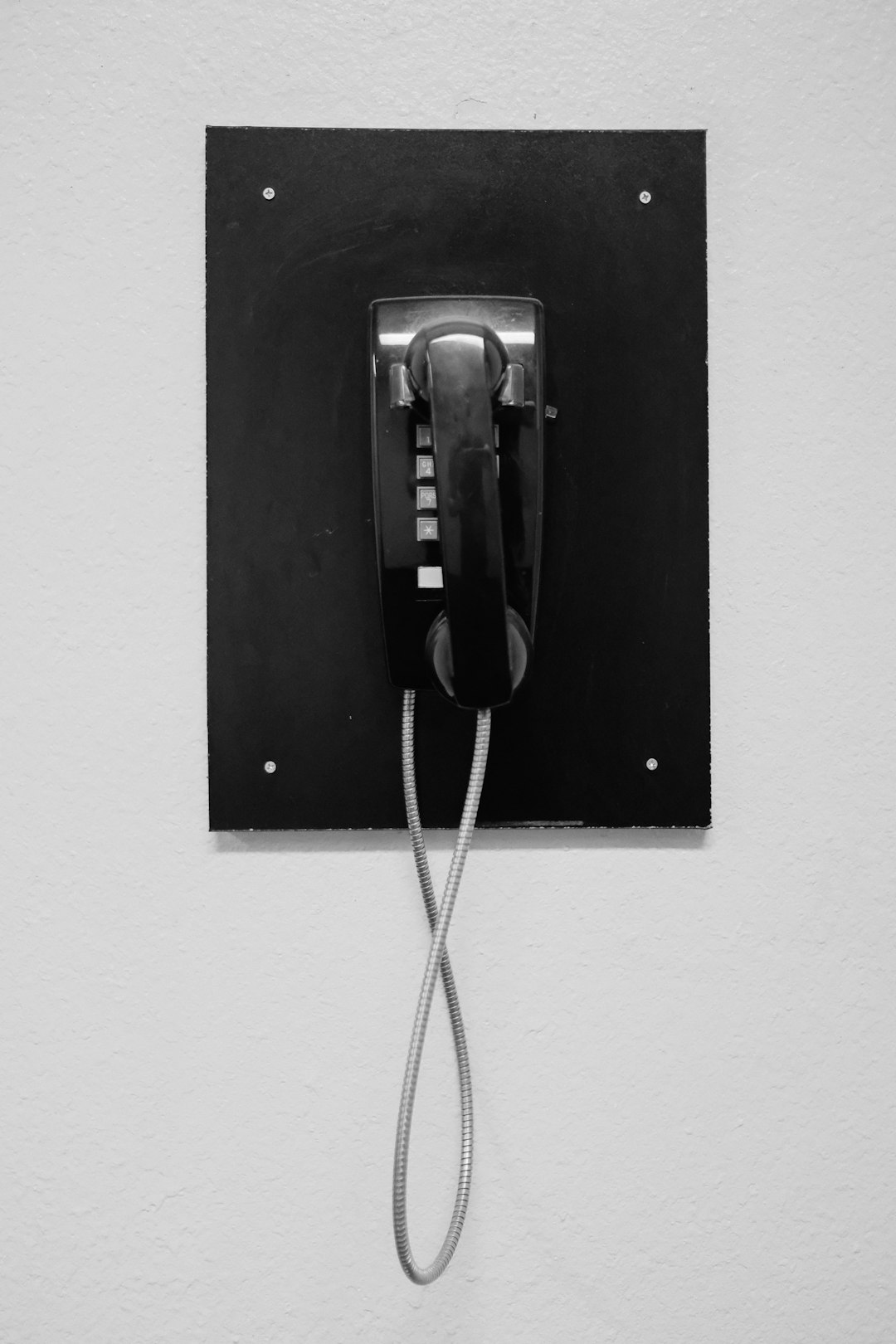New Hampshire's "No Call" laws protect residents from robocalls by empowering them to control marketing calls and penalizing violators. A No Call Attorney aids in compliance and blocking unwanted automated calls, significantly reducing robocalls in areas like Derry. These regulations improve quality of life, foster digital security, and promote accountability for telemarketing practices.
In Derry, New Hampshire, residents have witnessed a notable decline in robocalls thanks to the state’s stringent No Call Laws. This article delves into how these laws, designed to protect consumers from unwanted calls, have transformed the local telecommunications landscape. We explore the specific regulations, their impact on reducing robocalls, and the broader benefits for Derry residents. For those seeking legal recourse against persistent violators, understanding your rights as outlined by No Call Attorney New Hampshire is crucial.
Understanding New Hampshire's No Call Laws

In New Hampshire, the “No Call” laws are designed to protect residents from unwanted telemarketing calls, commonly known as robocalls. These laws give consumers the power to decide when and how they receive marketing calls. As a result, anyone who makes or causes automated, prerecorded, or artificial voice calls to New Hampshire residents without their prior consent faces strict penalties. A No Call Attorney in New Hampshire plays a crucial role in ensuring these laws are adhered to, helping residents block unwanted calls and pursue legal action if necessary.
The implementation of these regulations has significantly reduced the number of robocalls received by citizens in Derry and across the state. By allowing individuals to register their phone numbers on the “Do Not Call” list and holding perpetrators accountable, New Hampshire’s No Call Laws have created a more peaceful and less disruptive communication environment for its residents.
The Impact on Robocalls in Derry

Since New Hampshire implemented its No Call laws, residents of Derry have noticed a significant reduction in unwanted robocalls. These laws, designed to protect consumers from intrusive telemarketing practices, have had a profound effect on the local area. The number of automated calls flooding people’s phones has decreased dramatically, providing much-needed relief for many.
Derry residents can now enjoy more peace and quiet, free from the constant barrage of sales pitches and pre-recorded messages. The No Call laws have empowered individuals to take control of their communication preferences, ensuring they are not disturbed by unwanted calls. This shift has led to increased satisfaction among local folk, with many expressing gratitude for the reduced robocall volume. As a result, there’s a growing awareness of the importance of adhering to these regulations, encouraged by the positive impact on community members’ quality of life, particularly those who were previously plagued by incessant telemarketing calls.
How These Laws Protect Consumers

In New Hampshire, the “No Call” laws have been a game-changer in protecting consumers from unwanted robocalls. These laws give residents the power to take action against persistent automated calls, offering a much-needed respite from the constant deluge of marketing messages and scam attempts. By registering on the Do Not Call list, which can be done easily through a No Call Attorney in New Hampshire, individuals ensure that their phone numbers are off-limits for commercial calls. This simple step significantly reduces the number of robocalls received, providing peace of mind and a safer digital environment.
The implementation of such regulations reflects a collective effort to empower citizens and restore control over their personal communication. With the assistance of No Call Attorneys, New Hampshire residents can not only block unwanted calls but also report suspicious activities, helping to identify and penalize those who abuse automated dialing systems for fraudulent purposes. This proactive approach ensures that consumers remain protected in an era where technology, while beneficial, can also pose significant privacy risks.






